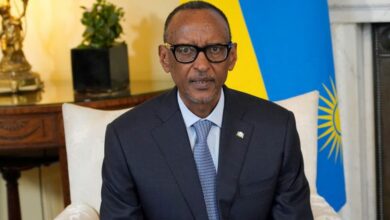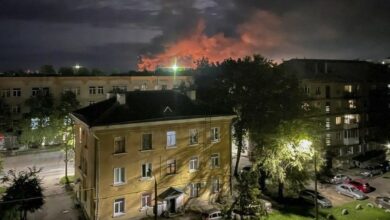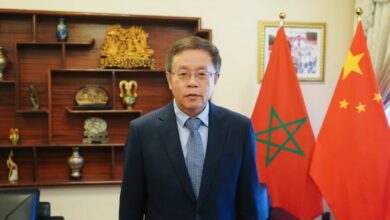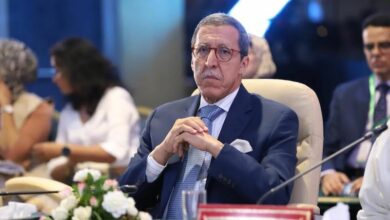Rising International Calls to Designate the “Polisario” as a Terrorist Organization: U.S. and Spanish Appeals Reveal the True Face of the Front
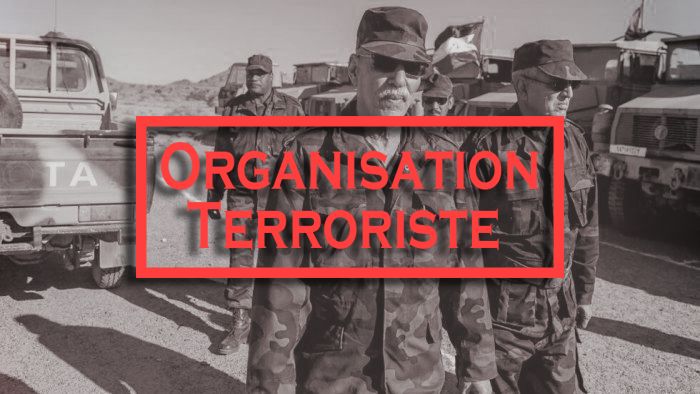
ALDAR / Analysis
In a development highlighting a gradual shift in the international community’s view of the “Polisario” movement, the Canary Islands Association of Victims of Terrorism (ACAVITE) has officially called on U.S. authorities to list the separatist front as a terrorist organization — a demand previously expressed by prominent U.S. Congressman Joe Wilson before Congress.
This call comes amid increasing evidence and documents linking the “Polisario” to activities described by international organizations as having a terrorist nature, especially in the Sahel and Sahara regions, which have in recent years become hotbeds for the intersection of armed groups and illicit activities.
ACAVITE, representing the families of Spanish victims who fell in attacks and kidnappings during the 1970s and 1980s, holds the “Polisario” directly responsible for several of these operations, considering that the time has come to restore justice to the victims and acknowledge the painful truths experienced by the Canary Islands as a result of these acts.
In an official statement, the association urged U.S. President Joe Biden’s administration to take a clear and firm stance regarding what it described as “double standards in dealing with terrorist threats,” noting that overlooking the activities of the “Polisario” fosters a climate of impunity and encourages the continued destabilization of the region.
ACAVITE’s demand followed weeks after intervention by Republican Congressman Joe Wilson, a member of the U.S. House Foreign Affairs Committee, who warned of the security threats posed by the presence of the “Polisario” in areas close to the strongholds of extremist groups in the Sahel.
Wilson pointed to “intelligence reports” confirming communication and coordination between elements of the separatist front and terrorist groups active in Mali, Niger, and Algeria.
The U.S. congressman called for the inclusion of the front on the U.S. State Department’s list of Foreign Terrorist Organizations (FTO), asserting that such a designation would help cut off funding sources and support that the “Polisario” benefits from, whether from official entities or illicit networks involved in smuggling, human trafficking, and arms.
Security reports issued by several European research centers specializing in terrorism, including the Royal Spanish Institute of International Studies, have in recent years pointed to the transformation of the Tindouf camps—controlled by the Polisario with Algerian backing—into potential incubators of extremism.
These studies argue that the lack of international oversight and the absence of transparency in managing humanitarian aid in these camps have made them fertile grounds for recruiting youth by transnational terrorist groups.
This political momentum emerges amid changing regional power balances, especially after the U.S. recognition of Morocco’s sovereignty over Western Sahara in December 2020, which triggered a series of shifts in the positions of several influential countries.
Furthermore, the deepening security partnership between Morocco and the United States, and the expansion of intelligence and military cooperation between Rabat and Washington, have made Morocco a pivotal partner in the global war on terror, placing the “Polisario” in a murky position full of questions.
The increasing calls to designate the “Polisario” as a terrorist organization may open the door to a fundamental reassessment of the international approach to this front, particularly amid rising security challenges threatening the stability of North Africa and the Sahel.
Should the U.S. administration respond to this request, it would have a profound strategic impact not only on the future of the front but also on the nature of geopolitical alignments in the region.

